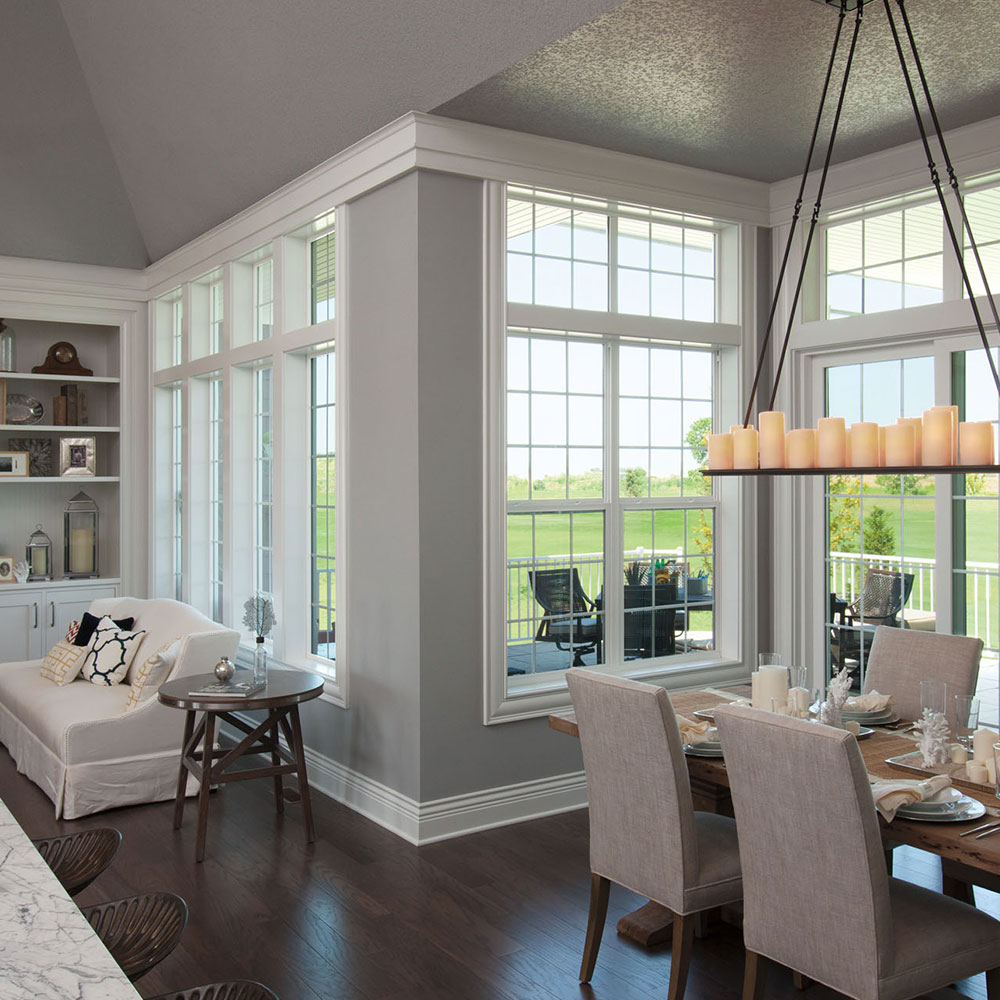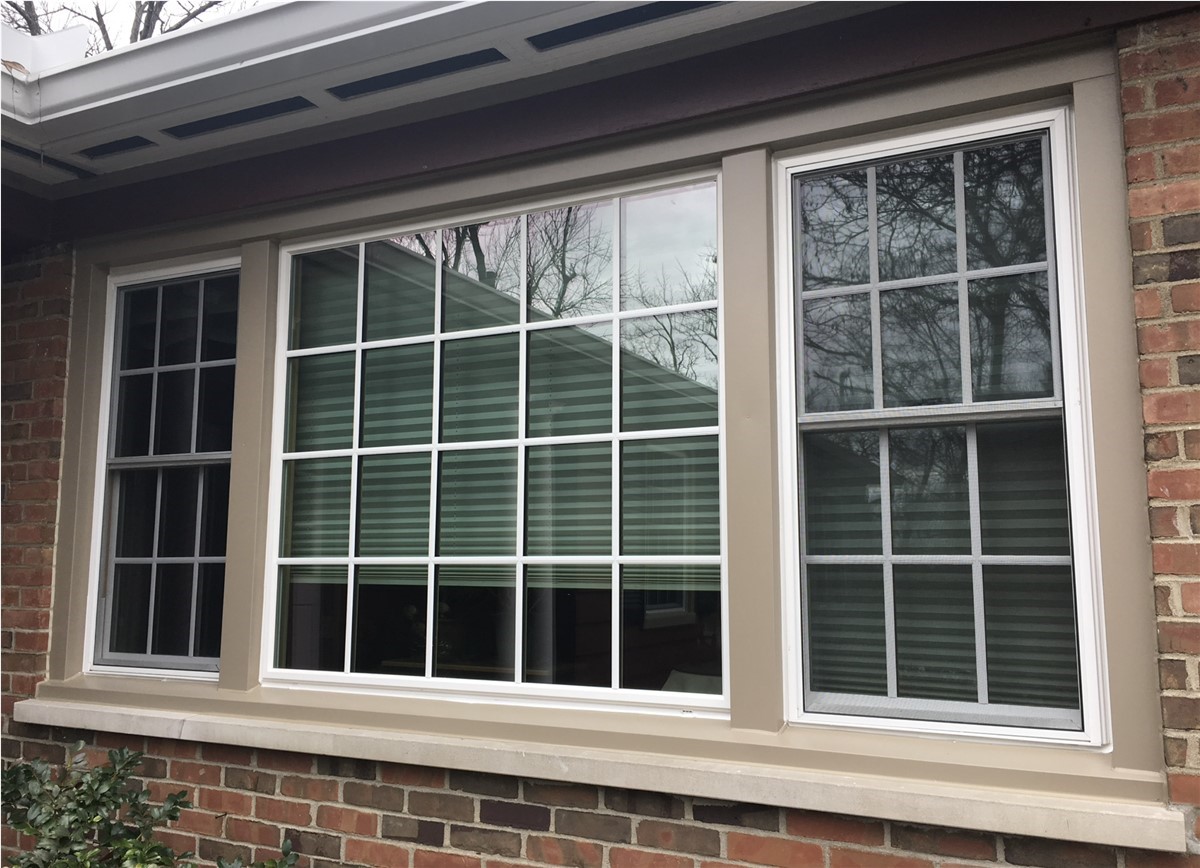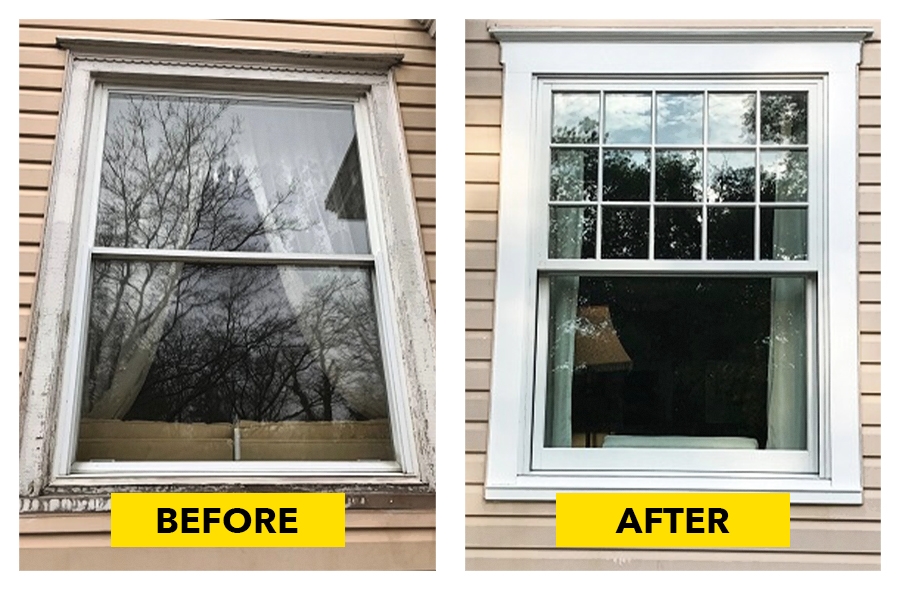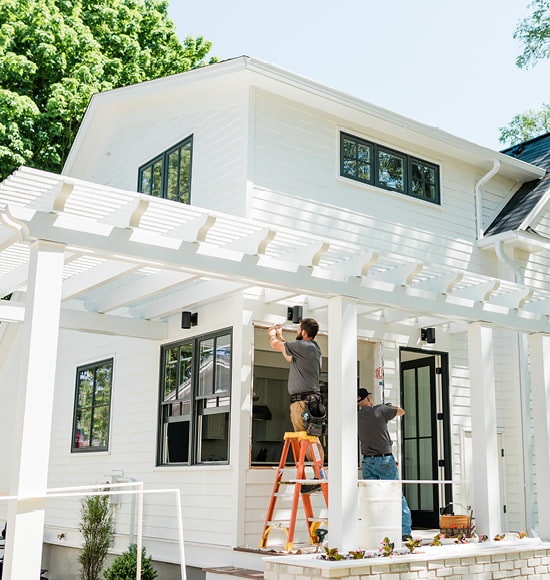High-Quality Window Replacement Services in Your Area
High-Quality Window Replacement Services in Your Area
Blog Article
Upgrade Your Home With Energy-Efficient Home Window Replacements
In the world of home renovation, the choice to upgrade to energy-efficient window replacements can significantly affect both the performance and visual appeals of a home (Houston window replacement). As property owners look for methods to improve the effectiveness and sustainability of their living areas, the choice of home windows plays a crucial function in accomplishing these objectives. Past the surface area level of simple aesthetics, energy-efficient home windows provide a multitude of benefits that surpass mere aesthetic appeal. With a mindful selection process that takes into consideration different factors, from glass types to installment methods, starting this home upgrade journey can prove to be a transformative undertaking.
Benefits of Energy-Efficient Windows

The installation of energy-efficient windows provides substantial financial savings on energy bills while enhancing environmental sustainability. In addition, energy-efficient home windows can help manage moisture levels within the home, lowering the threat of mold and mold development.
Past the monetary benefits, energy-efficient home windows add to ecological sustainability by decreasing carbon discharges related to energy manufacturing. By reducing energy use, these home windows assist alleviate the environmental effect of cooling, home heating, and lights household spaces. This reduction in energy intake plays a vital role in combating environment adjustment and promoting a greener future for generations ahead. In general, purchasing energy-efficient home windows not just enhances the comfort and efficiency of a home but additionally straightens with environmentally aware techniques.
Kinds Of Energy-Efficient Glass
Numerous innovative kinds of energy-efficient glass deal special residential properties that cater to various demands and preferences in enhancing the sustainability and effectiveness of buildings. Triple-pane glass, consisting of 3 layers of glass with insulating gas between them, gives enhanced thermal insulation, making it extremely energy-efficient. Furthermore, self-cleaning glass with a special layer that breaks down and loosens up dust when exposed to sunlight can minimize upkeep requirements and maintain home windows looking tidy.
Elements to Consider When Picking
When considering energy-efficient window substitutes, it is crucial to thoroughly analyze specific variables that align with your sustainability objectives and preferred energy cost savings. The U-factor actions just how well the home window insulates, with reduced numbers indicating better insulation, while the SHGC shows the window's capability to obstruct heat from sunshine. By carefully reviewing these elements, you can pick energy-efficient home windows that improve comfort, decrease power prices, and benefit the environment.
Installment and Upkeep Tips

Regular maintenance is key to preserving the performance of your energy-efficient windows. Examine the weather-stripping and seals for any kind of gaps or splits and change them if required to maintain the windows' power effectiveness. Richmond window replacement.
On top of that, lubricate moving parts such as hinges and locks to guarantee smooth operation. By adhering to these installment and upkeep tips, you can enhance the power effectiveness of your go to my site home and lengthen the life-span of your energy-efficient home windows.
Cost-Benefit Analysis of Upgrading

Energy-efficient home windows are created to minimize warmth transfer, decreasing the need for heating and cooling systems to burn the midnight oil. This can result in significant financial savings on energy expenses, particularly in areas with extreme temperatures. In addition, energy-efficient windows can enhance the general value of your home, making it a lot more attractive to potential buyers if you decide to market in the future.
When determining the cost-benefit analysis, factor in the potential cost savings on energy costs, any type of available incentives or refunds, and the life-span of the windows. While the preliminary expense might be higher, the long-term cost savings and advantages of energy-efficient home windows make them a smart financial investment for property owners looking to boost their residential or commercial property's power effectiveness and value.

Conclusion
Finally, updating to energy-efficient window substitutes provides numerous advantages such as lowered power consumption, raised convenience, and cost savings. By picking the appropriate kind of energy-efficient glass and taking into consideration aspects like structure product and installment, homeowners can maximize the efficiency of their windows. Regular maintenance and appropriate setup are essential for long-lasting efficiency. Overall, the cost-benefit evaluation of upgrading to energy-efficient windows reveals that the initial additional resources financial investment can lead to substantial financial savings in the lengthy run.
When pondering original site energy-efficient home window replacements, it is vital to carefully evaluate specific elements that straighten with your sustainability objectives and desired power savings. The U-factor actions how well the home window shields, with reduced numbers indicating far better insulation, while the SHGC shows the window's ability to obstruct warm from sunshine. By carefully assessing these aspects, you can pick energy-efficient windows that enhance convenience, reduce energy costs, and benefit the environment.
While energy-efficient windows might have a higher in advance price compared to conventional windows, the lasting benefits commonly surpass the first investment.In conclusion, upgrading to energy-efficient window substitutes offers numerous benefits such as decreased power usage, increased comfort, and cost financial savings.
Report this page